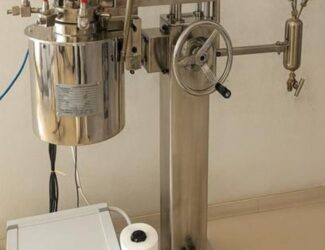
EFSA Confirms Safe Daily Caffeine Limit and Unveils its Impact on Alertness and Well-being
Caffeine is a natural compound found in a number of plant species including coffee, tea and cocoa. A typical cup of coffee contains 75-100mg caffeine, whilst levels in brewed tea and cocoa are lower
Caffeine is the principal active compound in coffee, but other compounds are also present which can make it difficult to differentiate effects of caffeine per se from other compounds1.
The European Food Safety Authority (EFSA) in a review on the Safety of Caffeine concluded that a moderate caffeine consumption, of around 400mg caffeine per day (the equivalent of up to 5 cups of coffee), can be enjoyed as part of a healthy balanced diet and an active lifestyle4. Pregnant and breastfeeding women are advised to limit their caffeine intake to 200mg per day4.
Research suggests that moderate caffeine consumption may be associated with a range of physiological effects, including mental and physical performance5.
Caffeine is a mild central nervous stimulant, and is associated with increased alertness5. The European Food Safety Authority (EFSA) concluded that a cause and effect relationship has been established between a 75mg serving of caffeine and both increased attention and alertness6. Caffeine works as an adenosine receptor antagonist: with a similar structure to adenosine, caffeine may bind to the adenosine receptors, acting as an imposter and blocking the actions of adenosine, leading to feelings of alertness5,7. This effect may cause sleep disturbance in some8,9, but may also help in situations that require increased alertness, e.g. night shifts, long distance driving, and jet lag10-15.
It is important to note that the individual responses to caffeine ingestion may differ according to genetic variability and individuals often manage their own caffeine intake to suit their personal lifestyle16,17.



